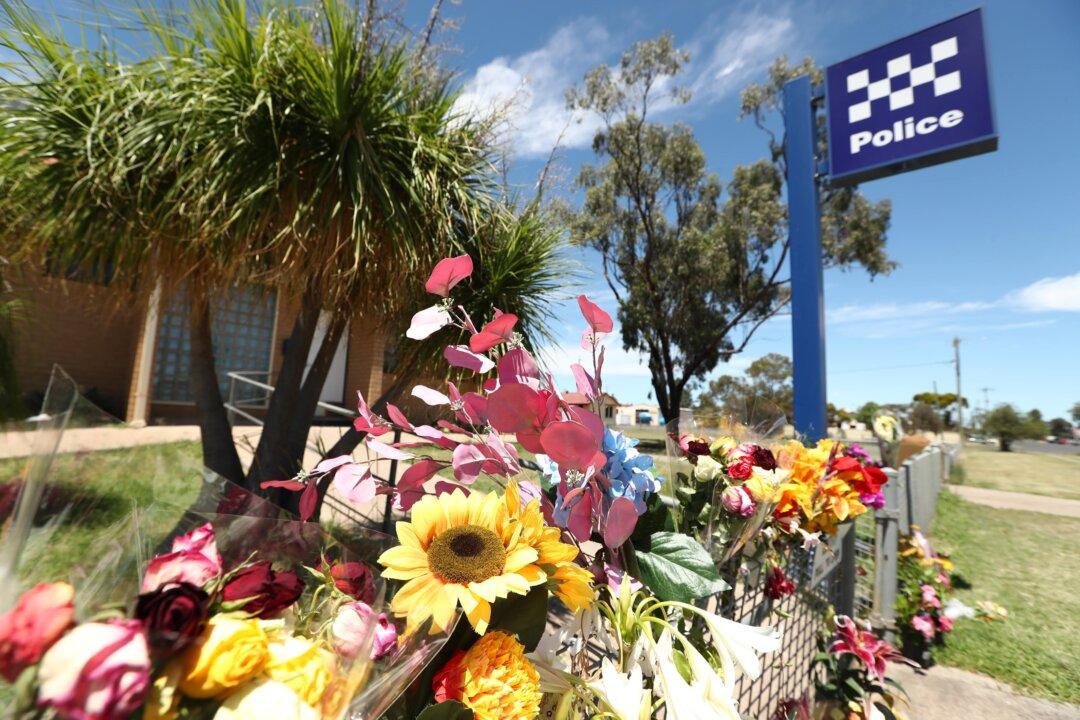Three youths have been charged with weapons offences following reports of shots being fired in the country town of Tara—close to Wieambilla, where a deadly siege took place last month.
The incident comes amid a spate of youth-oriented crime in Queensland, Australia, that has sparked criticism of the Labor government’s handling of young offenders.





